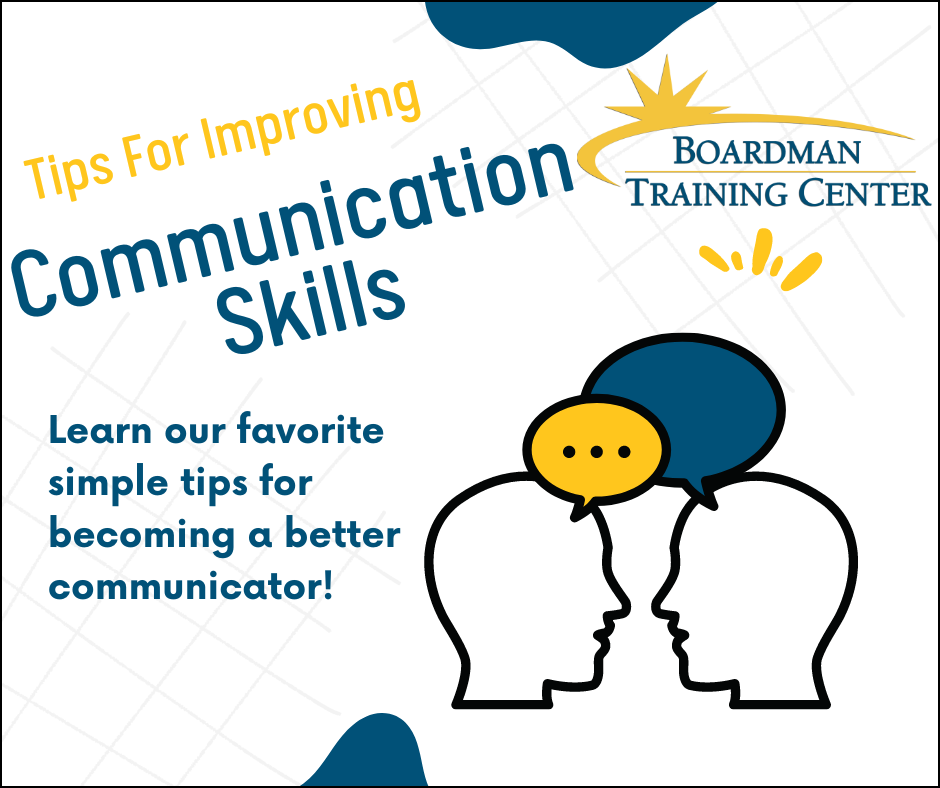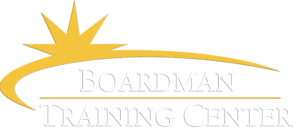 Communication is an essential part of day-to-day life for anyone, regardless of education or career path. A few ways students, in particular, communicate are during classes, in interviews, and the workplace. Strong communication skills are essential soft skills that can help improve your professional life and personal relationships. Read on to learn our top four tips for improving your communication skills!
Communication is an essential part of day-to-day life for anyone, regardless of education or career path. A few ways students, in particular, communicate are during classes, in interviews, and the workplace. Strong communication skills are essential soft skills that can help improve your professional life and personal relationships. Read on to learn our top four tips for improving your communication skills!
Why is body language important when communicating?
Creating a positive first impression is vital in all aspects of life, including professionally. Many people use body language without realizing the message they may be conveying. Using nonverbal signals like crossed arms, frowning, and lack of eye contact could all come across as off-putting to the person you are speaking with. Instead, make eye contact with the person you’re speaking with, smile, and maintain good posture without the conversation. These minor adjustments can be the difference between a positive and negative impression.
A handshake is a form of body language that can also affect the person you’re speaking to. According to this article on LinkedIn, too strong of a handshake can appear arrogant, while too weak of a handshake can be perceived as timid. By finding a happy medium between the two, you can create a positive impression and build a trusting relationship.
How is active listening effective in communication?
It is natural to listen, but it takes practice to listen actively. Active listening is a skill that allows you to focus your attention solely on the person you are listening to rather than letting your mind wander to an argument or response.
A practice that can help you develop active listening skills is to ask open-ended or probing questions. These questions require an explanation beyond a simple yes or no. Asking these questions shows the person you are listening to that you are engaged and interested in what they are saying and that your attention is focused on them.
Why is empathy important in communication?
Many people are naturally empathetic, and using empathy in communication can help you strengthen the connection with the person you’re speaking with. Empathy is important because it can be difficult to build a trusting relationship without relating to the person you’re speaking to.
It is important to manage your own emotions during conversions. Offering unwanted advice or sharing your own experiences can come off as off-putting or overtaking the conversation. Instead, try practicing active listening and then looking at the situation from a different perspective, only offering solutions if the person you’re speaking to wants your opinion.
Why is it important to think before speaking?
Using intentional language can help you be clear and concise to best understand the person you are communicating with. Taking time to process and gather your thoughts can be a beneficial skill to have during both face-to-face and online communication.
When communicating virtually, you must be cautious since the person reading your message cannot see your body language. This can cause misunderstandings and lead to poor communication. Taking a moment to formulate and check your message for misspelled words and grammatical errors can help you be clearer in your virtual communications.
When speaking in person, it is also important to filter your thoughts. This allows you to take a moment to process the conversation and think about what you would like to say and how the person you’re speaking to could interpret your words. You will have more meaningful conversations by combining these thinking skills with active listening, empathy, and body language skills!
Now you can improve your communication skills!
By following these tips, you can develop the skills that will allow you to become a better listener, clear speaker, and better communicator overall! By practicing these skills with a friend, you can gain the confidence to apply them in a professional setting.
If attending a school that recognizes the importance of skills like communication is important to you, then Boardman Training Center could be a good fit for you! BTC students will receive personalized personal and career development assistance with our career and academic support services.
We want to see you succeed! Start the process today by calling 330-729-9244 or Request Information.
